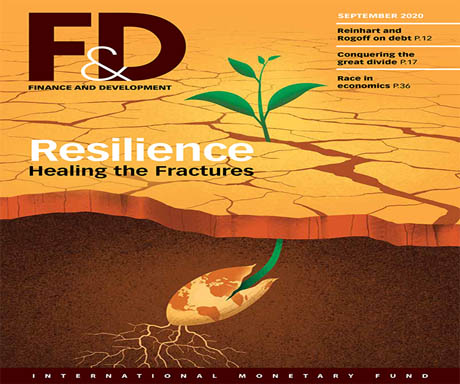With public infrastructure investment set to play a key role in post-COVID-19 recovery in developing countries, governments will be challenged to protect public funds from the scourge of corruption and to otherwise make informed decisions with regard to the allocation of funding of projects, says the International Monetary Fund (IMF).
Working against the backdrop of what are likely to be tight resources, governments will be pressured to spend taxpayer money wisely on the right projects. For this, countries need good infrastructure governance, strong institutions and frameworks to plan, allocate, and implement quality public infrastructure, the article, jointly authored by Gerd Schwartz, Manal Fouad, Torben Hansen, and Geneviève Verdier and published in the September issue of the Fund’s Finance and Development Magazine, says.
“All too often, public investment results in expensive and poor-quality infrastructure with limited benefits for people and the economy. It tends to involve projects that are large, long-term, and complex – all fertile ground for corruption, delays, and cost overruns. Strong infrastructure governance is key to cutting this waste,” the article titled “How Strong Infrastructure Governance Can End Waste in Public Investment,” says.
Meanwhile, the article says that under additional stress associated with the pressure to attain Sustainable Development Goals (SDG’s) countries will need to increase their levels of public investment “while advanced economies need to tackle aging infrastructure like roads, bridges and healthcare systems… Every dollar spent needs to count and when spending more on infrastructure, countries need to spend better and smarter to get the most bang for buck.”





